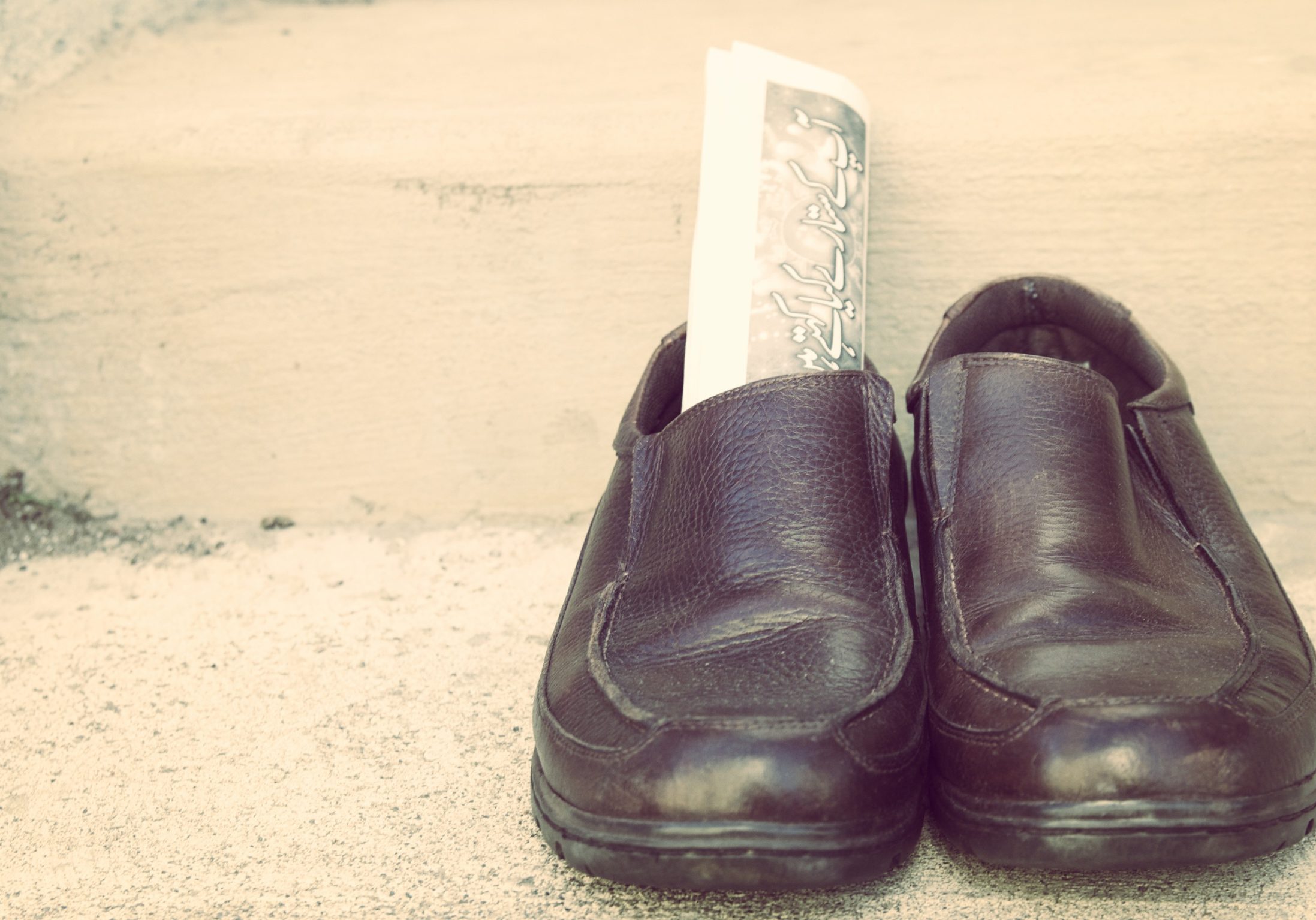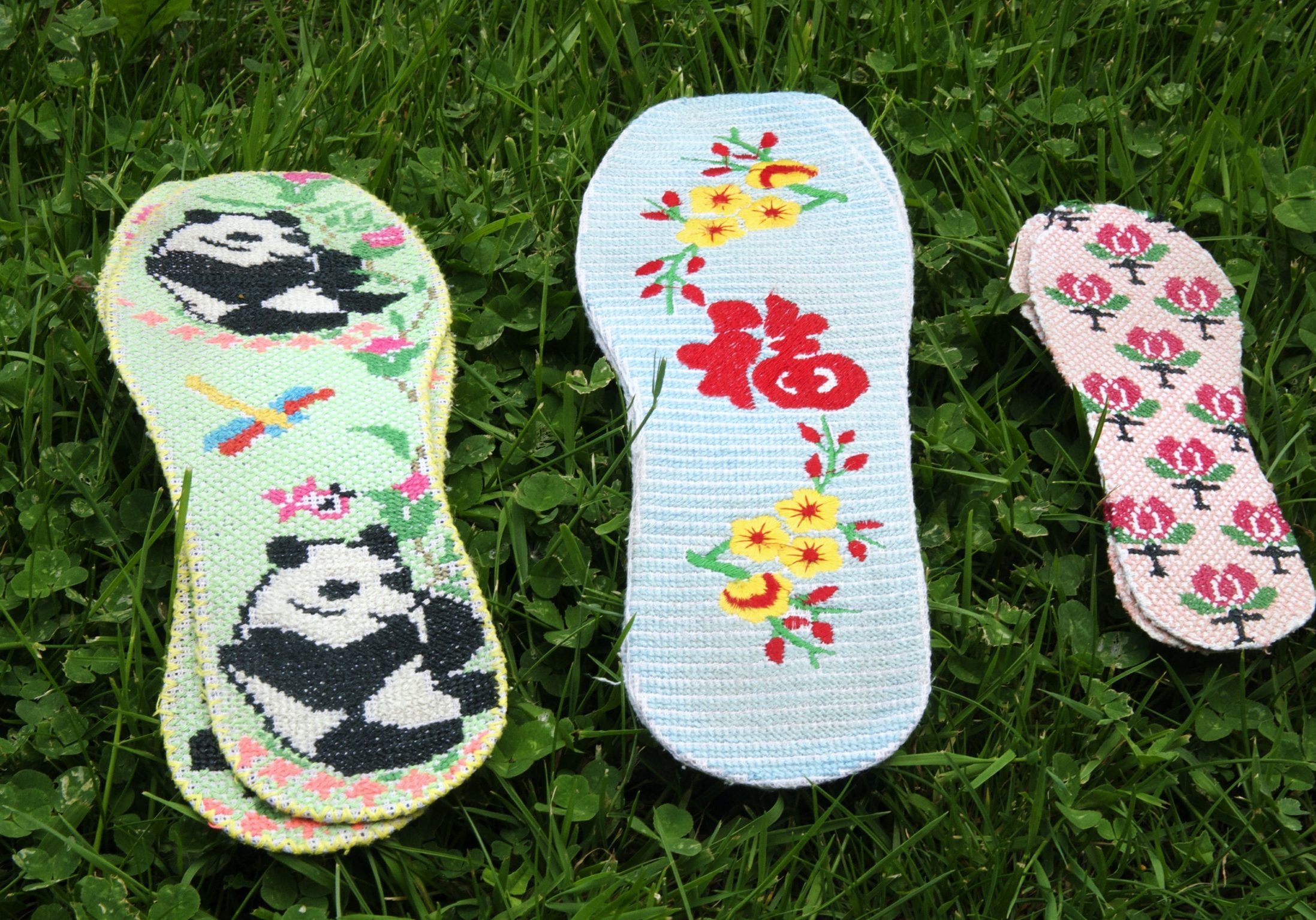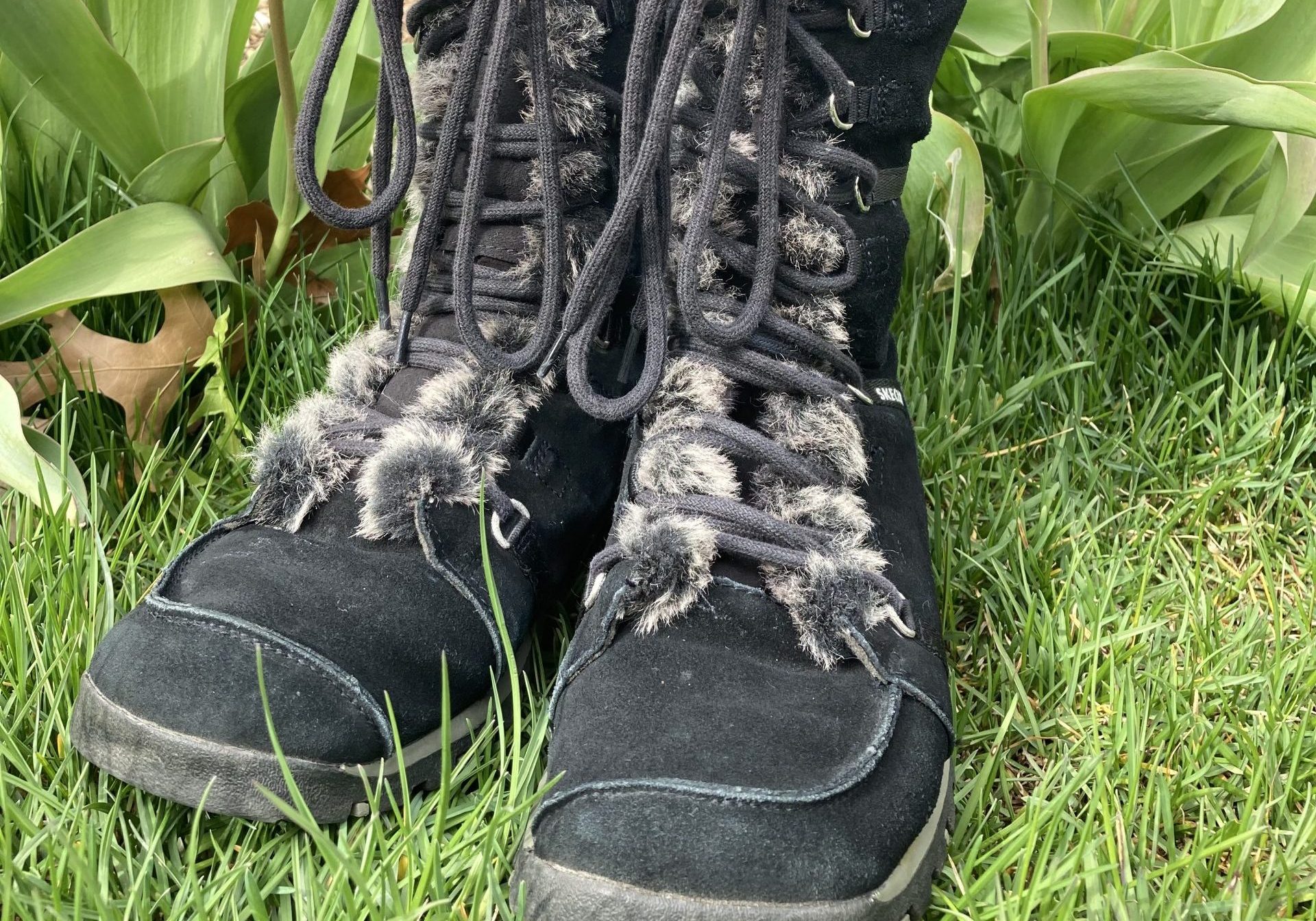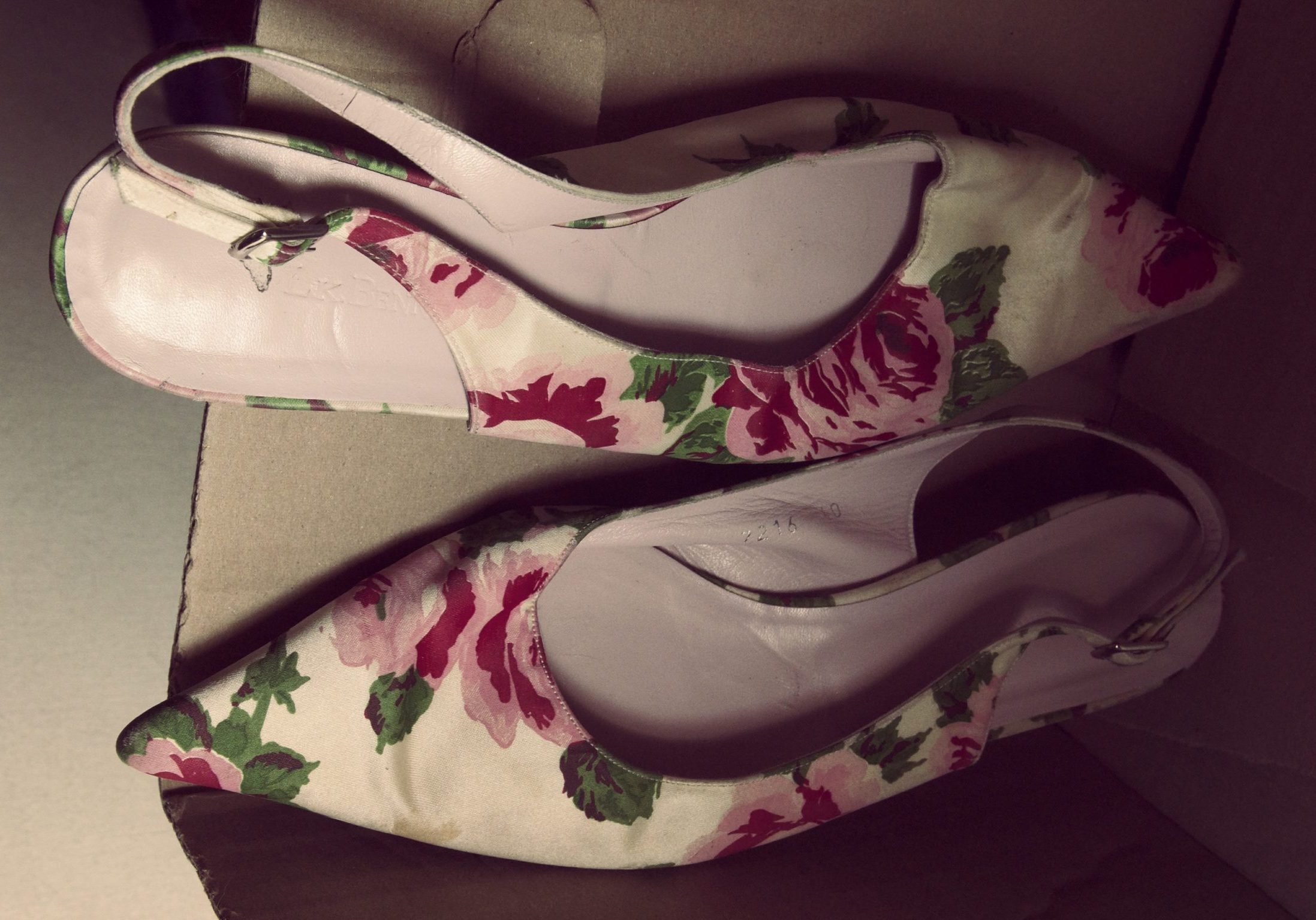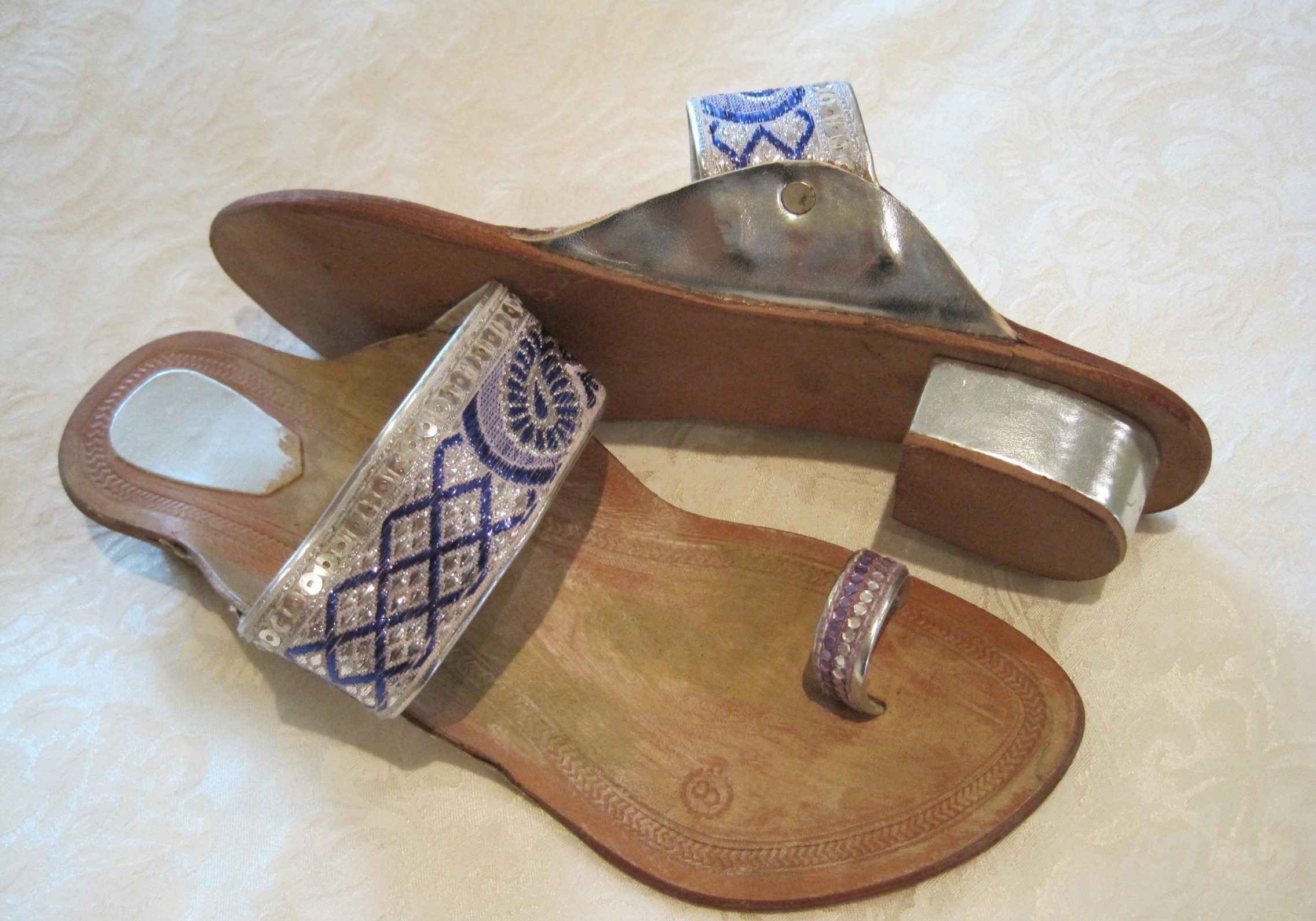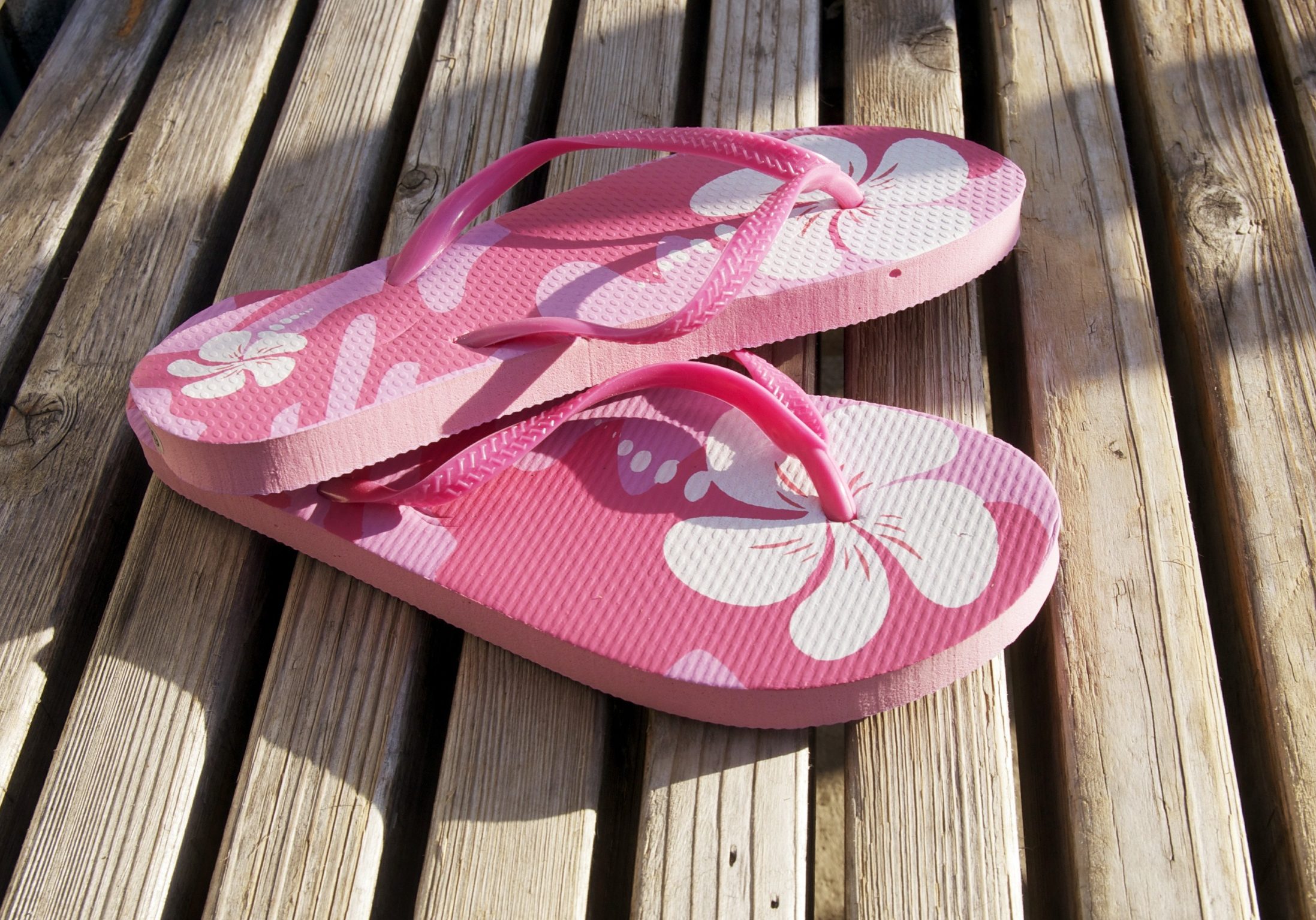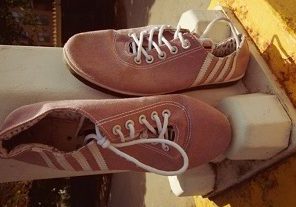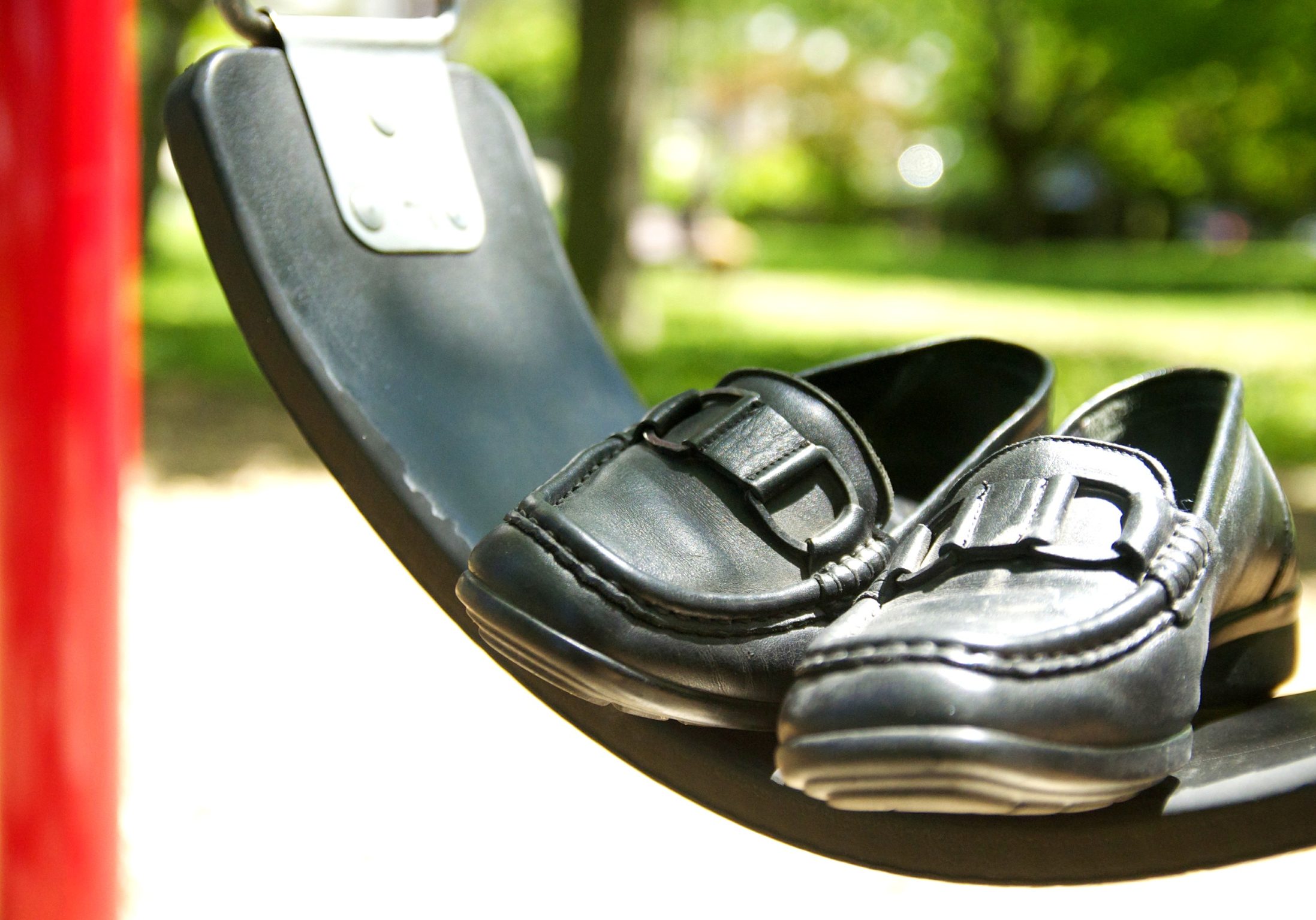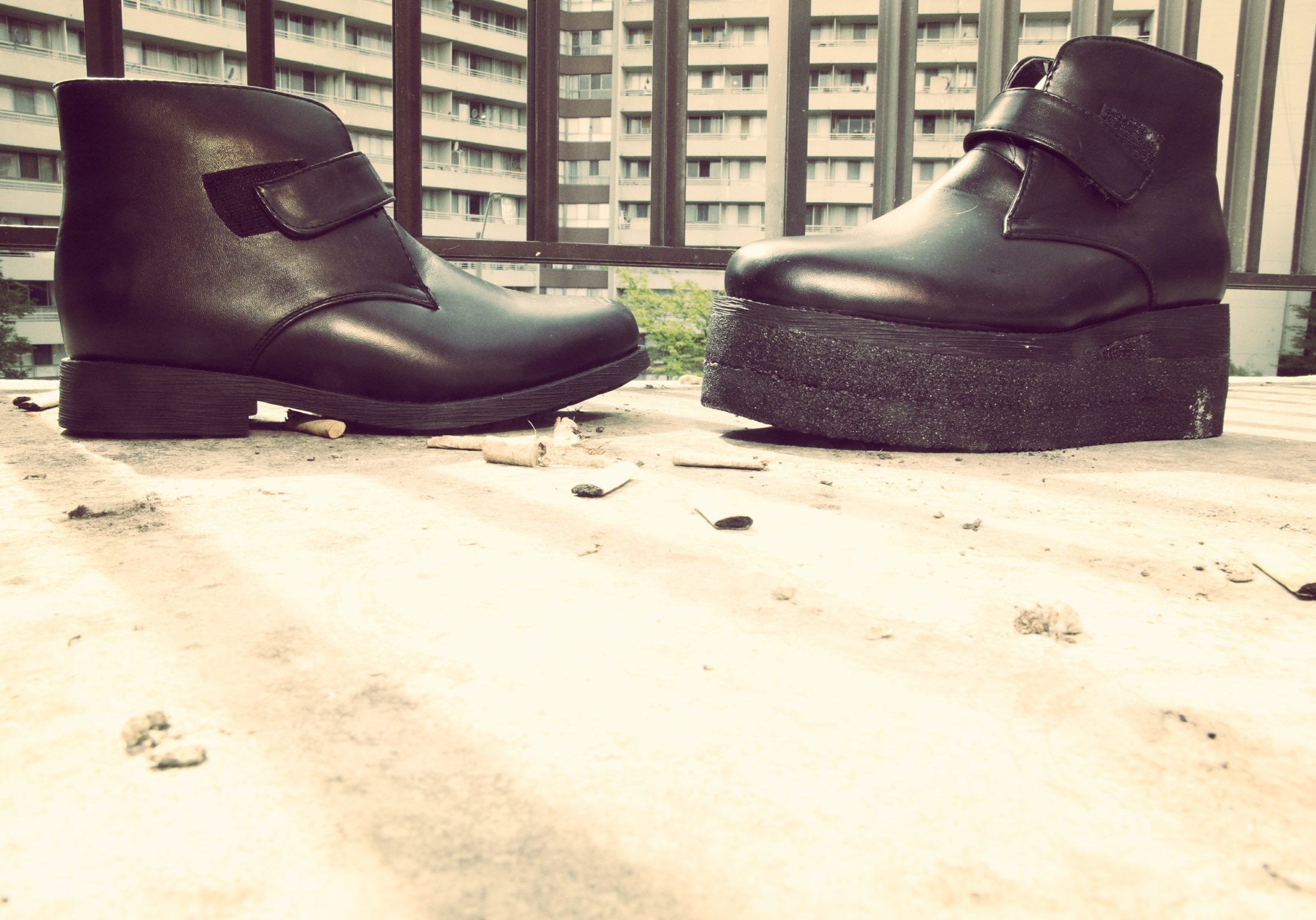Sealed Envelope
Sayara Sadri
Summary:
Sayara Sadri’s mother stands bravely before an Afghani court on behalf of her family. She envelopes herself in a stifling burqa to shield her family’s reputation. Despite the gruelling ordeal she experiences wrapped in the hot, airless burqa, she brings it with her to Canada: for her and her family, it is a symbol of her courageous struggle.
Story:
It is only a loose-fitting, head-to-toe shroud made of translucent fabric, but it disguised a most sublime and oppressed creature of God: an Afghan woman.
To me, my mother’s burqa looked like a prison allowing her to see the sunlight only through a narrow window. Like a prisoner, she could breathe in fresh air only through the space between the threads of the cloth. It was like a decorated, medieval cage. The head part was shaped like a judge’s gavel, and it did the same thing. It strictly enforced conservative laws that deny women their human rights.
The back part was pleated, with each pleat telling a story of hardship, war and violence—a story like my mom’s. She stood up on behalf of my ailing father and faced my uncles in court to save our family’s property, including the house we were living. For my mother, a teacher and a mother of eight children, taking on this legal challenge was almost impossible, even though our family was quite well off.
My mother’s struggles began when she dared to confront the outside world—a world where girls are still commodities to be bartered to settle family disputes, and a man who kills his wife can expect only a fine. It seemed futile for my mother to fight such a case in a male-dominated country where women have no right to raise their voices. She risked retaliation at each step because women were rarely seen in any courtroom—unless they had committed a crime. Nevertheless, my mother withstood the harassment from the community. In the eyes of our neighbours, she was immoral simply because she was a woman who raised her voice to men. To shield herself and our family’s reputation, she decided to put a third layer on top of her clothes. She wore the burqa by choice. No one imposed it.
Although sealing herself in this suffocating envelope provided her with an image of modesty and saved her in many ways, underneath this garment, she felt worse than if she were being hanged from a noose. Every day in that courtroom in summer, she struggled to tolerate it. Breathing was difficult. She could hardly see through the mesh in the dead of winter, making her likely to slip on the snow or mud. She suffered severe, chronic headaches.
Appearing in court in the burqa filled my mother with grief since she could see the people judging her. As a woman, she had to go through a special investigation to prove her relationship with my father. She had to present her ID card, passport and sufficient documents. To humiliate her, the court required her to uncover her face to make sure she was the right person. However, when it came to my uncles, nobody bothered even to ask their proper names.
But the worst was yet to come. One day my mom came home in all tears, trembling, and wrapping her burqa around herself to avoid facing anyone. Her second-hand sandals had not been able to take all the trips back and forth, and the straps had given out on her way to the court. Her feet were burning from the hot pavement, so she wrapped them in plastic bags she had found scattered on the road. Small children were trailing behind and taunting her, shouting, “Crazy woman!”
Miraculously, my mother won the case. That was the good part. But life became much more treacherous and challenging for the whole family, as we had to deal with my uncles’ constant verbal abuse, physical beatings and death threats. For our safety, we were compelled to leave our country.
Upon my mother’s arrival in Canada, I was surprised to find her burqa when I was helping her unpack her suitcase. Through tears, she explained that during those days in court, it had become her companion, a witness to her harsh life in Afghanistan and a symbol of her defiant struggle.
SAYARA SADRI was born in Afghanistan and lived in the neighbouring Tajikistan as a refugee. Since arriving in Canada in 2008, she has worked at Toronto’s Afghan Women’s Centre and earned a paralegal license.
Read Other Stories from this Author
Treasure Shoes
Abandoning her luggage, Sayara broke away from a group of Afghan women visiting the United States under the auspices of...
